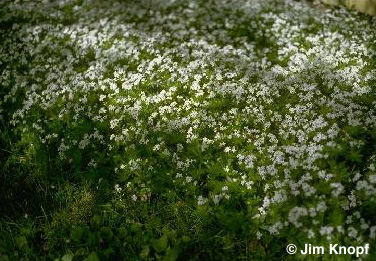
When it's necessary to be serious about cutting landscape water use,
the most important principle is...

When it's necessary to be serious about cutting landscape water use,
the most important principle is...
Group together
plants of similar water needs,
and
don't over water the groups.
Experiment to determine exactly how much and how often to water. This avoids unnecessary delays based on belief that it's necessary to know exactly how much irrigation is needed before starting. This also eliminates concerns about differences in climates, because how much and how often to water varies from year to year, from season to season, and from place to place in the same yard anyway. Exact irrigation requirements are always best determined by on-site experimenting, after first grouping together plants of similar water needs.
Lawns, of various types, make good guides for experimenting with watering nearby plant groupings, because they visually show adequate and inadequate water so clearly and quickly. Also, no amount of information will ever eliminate the need to define only a few levels of irrigation (watering zones) that can realistically be accomplished in a landscape. And, no matter how detailed the information about each plant's water needs, mixing together plants of different water needs, then trying to water each separately with complex drip irrigation, is very wasteful.